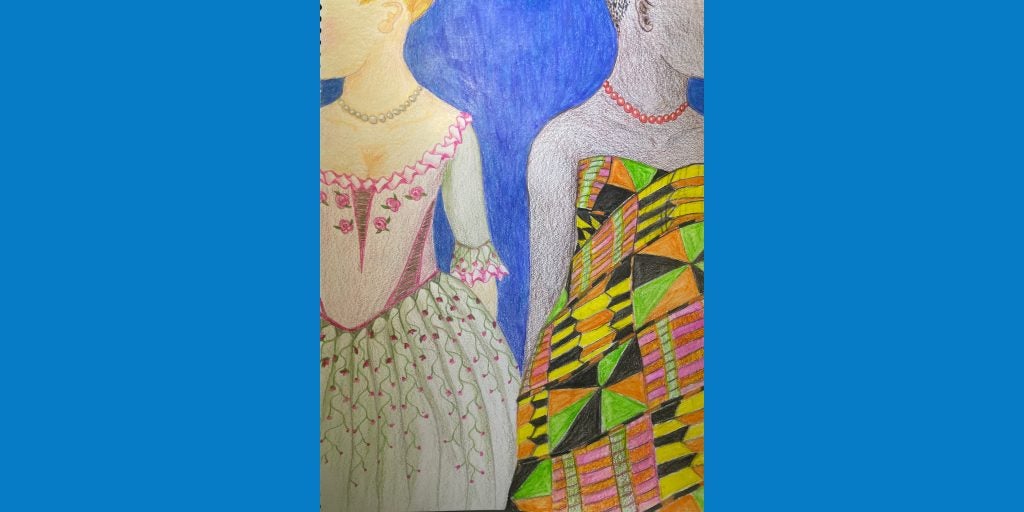The Early Music Revival of the mid-twentieth century invigorated scholars, instrument makers, and performers in the search for sounds of a past implicitly understood to be white and European. With roots in lively cultures of musical amateurism in England and the Netherlands, “Historically Informed Performance” (or HIP) brought professionals and the self-taught together in a common enthusiasm. Today, HIP has been thoroughly professionalized, with its own corner of the recording market, superstars, and advanced degrees. This has had profound consequences, making HIP a marketable product instead of a communitarian process. Now, as Classical music communities (including HIP) grapple with the residues of racism and colonialism encoded into historical repertories, we think it timely to include questions about the socially exclusionary nature of musical professionalization. This two-day conference will present panels, practical workshops, and live performances questioning the effects of canonization and professionalization in modern Early Music performance and pedagogy.
Conference Co-Organizers: Elisabeth Le Guin, Marylin Winkle, Elizabeth Upton
Questions? Contact us: EarlyMusicConferenceUCLA2023@gmail.com



